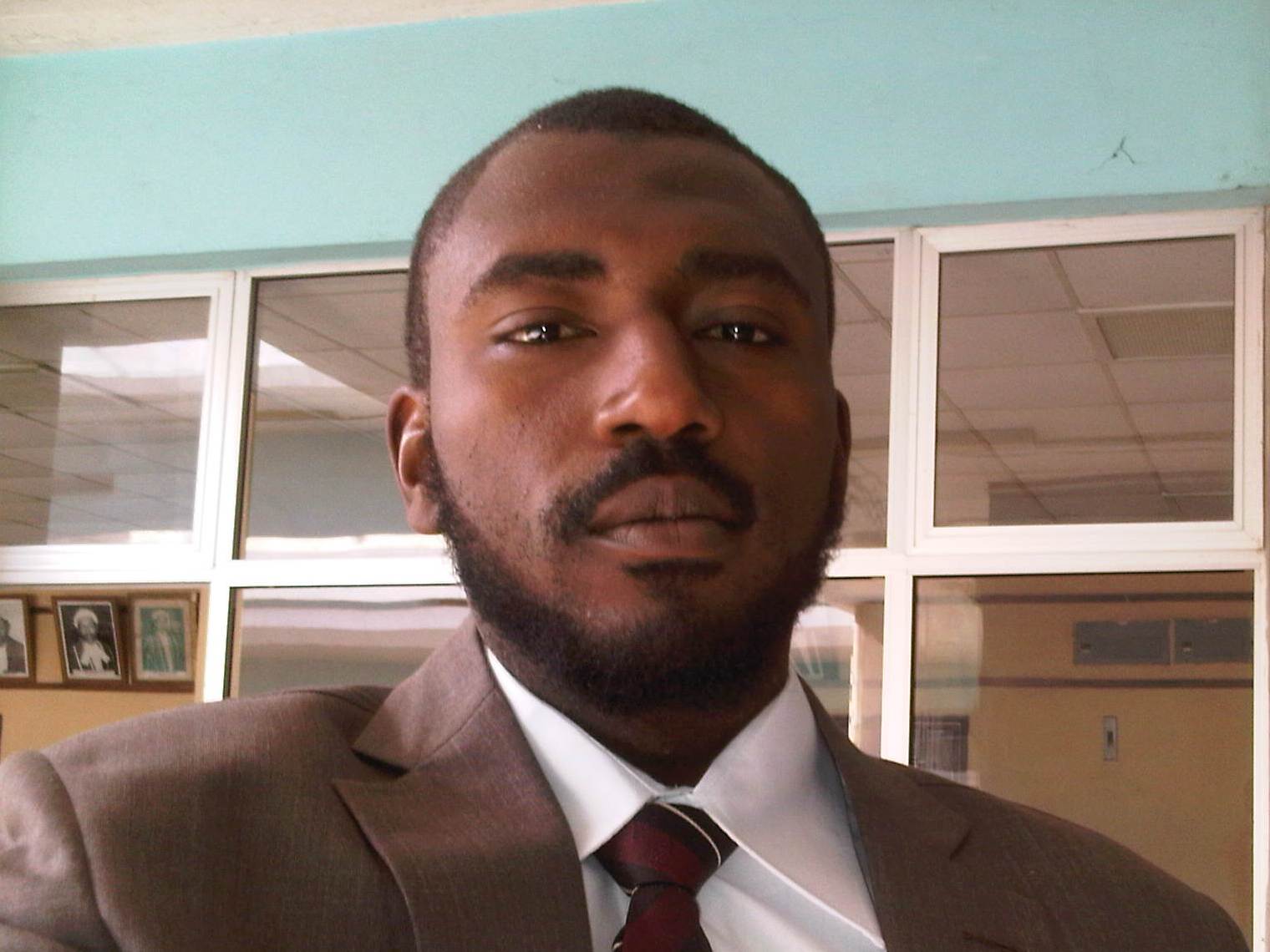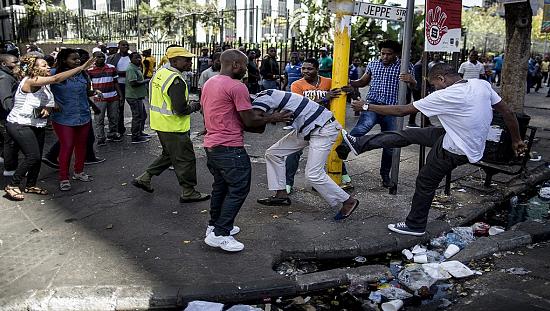By UMAR SA’AD HASSAN –
I remember General Muhammadu Buhari reading out his letter to Nigerians after a failed bid to overturn his 2011 presidential election defeat at the courts. It was quite an emotional scene. He not only came across as someone who wanted to change the system bad enough, he had to leave some words of advice for the victors, for he was very much in tune with reality: For Nigeria to work, it needs to cut costs. You just had to love him for that.
There was a lot of criticism of the enormous amounts being allocated to state governments as security votes on a monthly basis. Not only was it unconstitutional, there was virtually no existing means of holding them accountable for those sums. General Buhari, most laudably in that letter, advised the government to abolish security votes.
Fast-forward to 2015.GMB is now president-elect, one on whose shoulders lays the great burden of making Nigeria work again. Politicians have talked but only a few have remembered what they said before they won elections.
It was most pleasant to hear the president-elect’s plans at the Lagos Business School meeting where he was represented by Dr Kayode Fayemi a few weeks ago. He talked about heeding the Steve Oronsaye report by cutting down the size of ministries and agencies, ones that are redundant or having overlapping functions.
The Niger Delta Ministry is always one of the first things to come to my mind whenever I have cause to talk about the cost of governance in Nigeria. The plain truth that will never change is that it was created as a pawn in the amnesty deal with the Niger Delta militants. The government should save itself billions by scrapping it. Since Buhari has promised also to run a lean government, I wouldn’t expect any “minister of state” appointments. Many still believe the office has been created to cater for political cronies and disciples. A substantive minister aided by the directors and permanent secretaries in their ministries would do; no “deputy minister”.
The merger of the Code of Conduct Bureau, EFCC and ICPC as recommended by the Orosanye Report is long overdue, and the incoming president has also promised to breathe life into it. But I am also concerned about agencies like the Civil Defence Corps and the Federal Road Safety Commission (FRSC).We don’t need them.
Nigeria is regrettably a largely under-policed nation; what we need to do is scrap these outfits and draft as many members of these agencies as possible into the Nigeria Police Force to improve it. The police can perform their roles, as is the case in advanced countries. The police in those places ensure obedience to all traffic laws, among other things. It is always sad to hear people complain about having just one or two policemen at the police post in their villages. Monies being budgeted for the Civil Defence Corps and FRSC will go a long way in helping us recruit, train and equip more hands.
The most pathetic part of our extravagance is the remuneration of public officeholders. None of the cases instituted under the Freedom of Information Act for the salaries of our lawmakers to be made public has yielded the desired outcome and, as such, one would have to go by the last figures which surfaced in 2013 – ones that prompted Prof. Itse Sagay to tag them the highest-paid lawmakers in the world. A petition by the Diaspora Institute for Nigerian Justice and Accountability (DINJA) demanding a reduction in their wages late last year suggests the figures haven’t changed. The Nigerian senator earns N29.5 million every month, which is way more than his American counterpart earns in a year. He receives a staggering N10m as motor vehicle allowance and a separate N1.863m as car maintenance allowance in the breakdown of their salary.
In addition, a senator is said to get N45m as constituency allocation while a House member gets N35m.This is highly unacceptable. In the most efficient federal systems in the world including the United States, state governments oversee the affairs of such “constituencies” while lawmakers focus on their role: legislative business. And that is how it should be.
Constituency allocations in Nigeria are more or less gifts to lawmakers because they cannot be held accountable for the money. With a president-in-wait who has already identified and is taking steps to tackle the high cost of governance, you would be forgiven for daydreaming a bit. About how possible it is to provide a very functional rail system, free basic health care and free education across the country if indeed we can spoil lawmakers this silly?
Politics is big business in Nigeria and one can’t help being wary of people who grant us loans knowing all this, because you get a feeling they actually want to help us self-destruct.
Nigerians have suffered for too long. The president-elect has himself pointed out that 90% of the federal budget is on recurrent expenditure, leaving insufficient funds for capital expenditure. We see money not being looted by politicians being squandered or put to non-optimal use. We have voted for change and change we should get.
Umar Sa’ad Hassan is a lawyer based in Kano.
Twitter- @alaye26/twitter.com
Email: [email protected]
#














